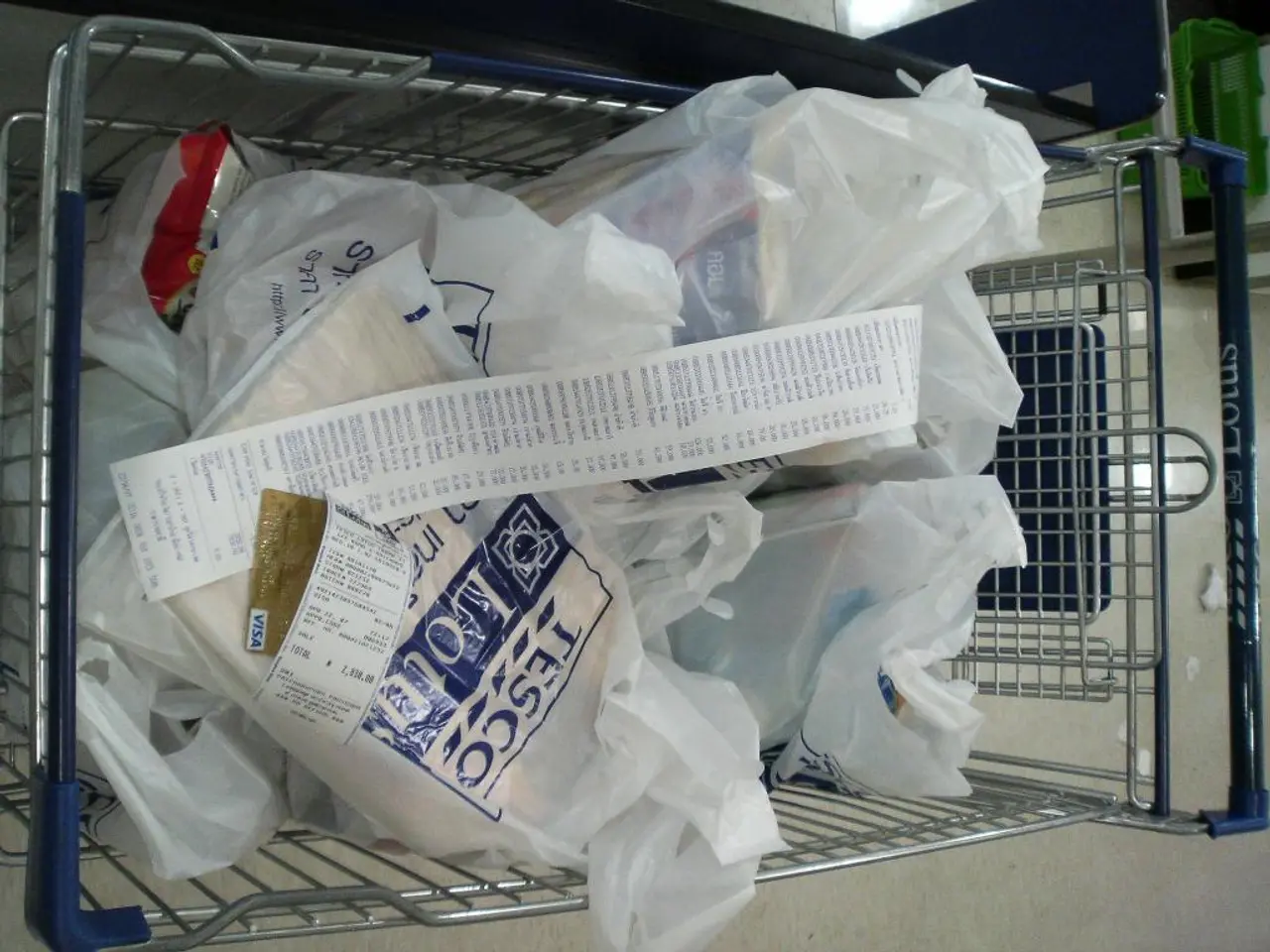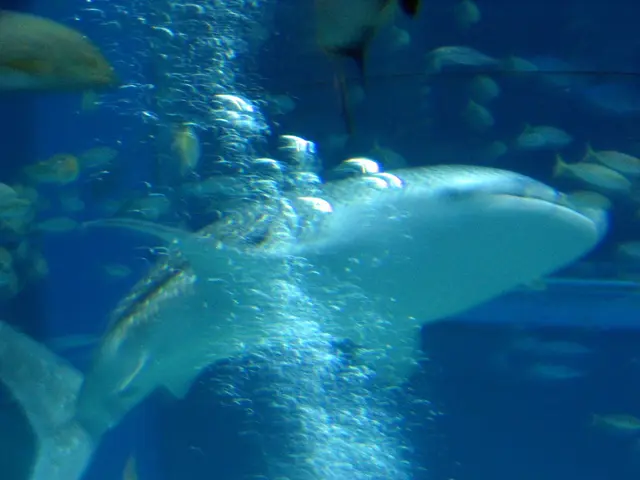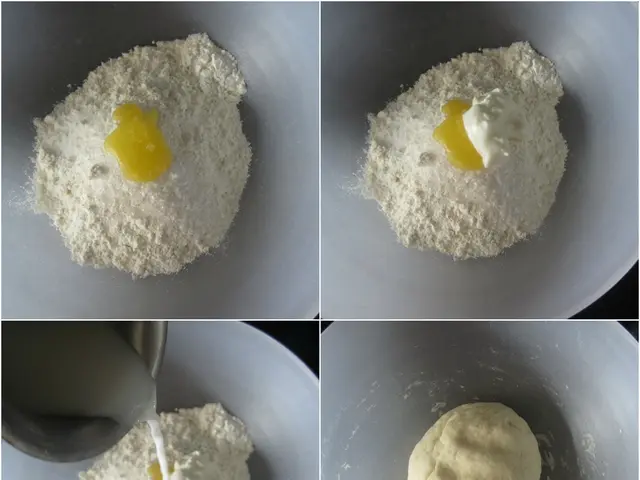Sustainable and Circular Innovations in Textiles, Clothing, and Footwear Industry
The textile industry is on the cusp of a significant transformation, and the 4th Sustainable & Circular Textiles, Apparel & Footwear conference in Brussels on the 7-8th of April aims to drive this change. The event, published by EB Publishing, brings together industry leaders to discuss the challenges and solutions for a more sustainable and circular textile ecosystem.
The conference will delve into market demand, recycling infrastructure, and technological innovations, including EPR developments and collection & sorting processes. The role of investments will be discussed in the transition to circularity within the textile sector. A strong panel of experts will engage in insightful discussions on driving textile circularity and promoting sustainability.
One of the key topics will be the mandatory EU Extended Producer Responsibility (EPR), expected to come into effect this year. All brands will have to comply by 2027/2028, according to the European Ecodesign for Sustainable Products Regulation (ESPR) approved last year. The EU needs to take responsibility for its own textile waste and absorb its own recycled textiles/clothing.
The current development of a sustainable and circular textile and clothing industry in the EU focuses on transferring end-of-life product costs more effectively to producers, implementing eco-modulation, increasing transparency, and involving all value chain actors to establish clear sustainability criteria. A new industry alliance, PRO Circularity Alliance, aims to develop common standards to enhance sustainability in this sector.
The world produces 92 million tons of textile waste each year, with less than 1% being recycled into new clothing. The oversupply of used textiles has resulted in low prices, making it unprofitable for processors, sorters, and recycling facilities to survive. The conference will emphasize the importance of supply chain transparency in the circular textiles ecosystem and explore solutions for reducing waste and promoting sustainability in textile production and consumption.
An interactive workshop led by Karla Magruder will focus on transforming used textiles into new, high-quality products, aiming to close the loop in the fashion and textile industries. Attendees can publish their content related to news, events, jobs, and thought leadership at the conference through EB Publishing.
Ummu Hani can be contacted for sponsor/exhibitor inquiries at [email protected]. The conference will also address technological innovations and textile-to-textile systems, particularly systems for recycling textiles. The ESPR aims to impact sustainability standards within the textile sector and help the EU become a model of circular and sustainable transition.
The conference in Brussels will feature discussions on policy updates, including ESPR, EPR, and DPP. Second-hand clothing, apparel, and footwear have traditionally found their way to markets like Africa, but demand has decreased due to ultra-fast fashion. The event will delve into these issues and more, providing a platform for industry leaders to collaborate and drive the textile industry towards a more sustainable and circular future.
Read also:
- Setting Up and Expanding Operations at a Soil Blending Facility
- Regional University's healthcare system strengthened through collaborative partnership with Chancellor Dr Fiona Hill
- Reminisced University Trustee David M. Flaum as a 'fervent advocate' for the University and community
- Creating Snack Options for Toddlers that Encourage Nutritional Balance








